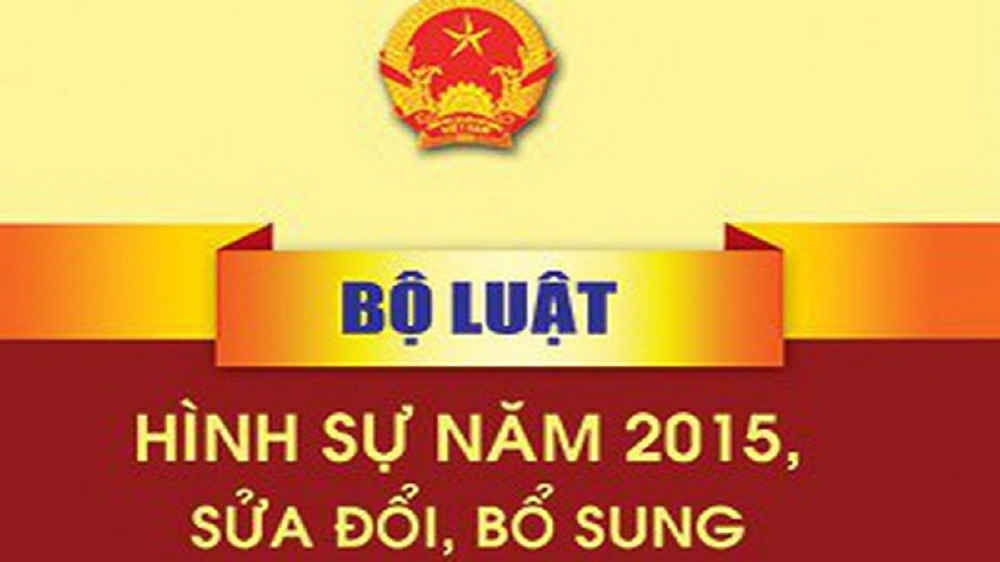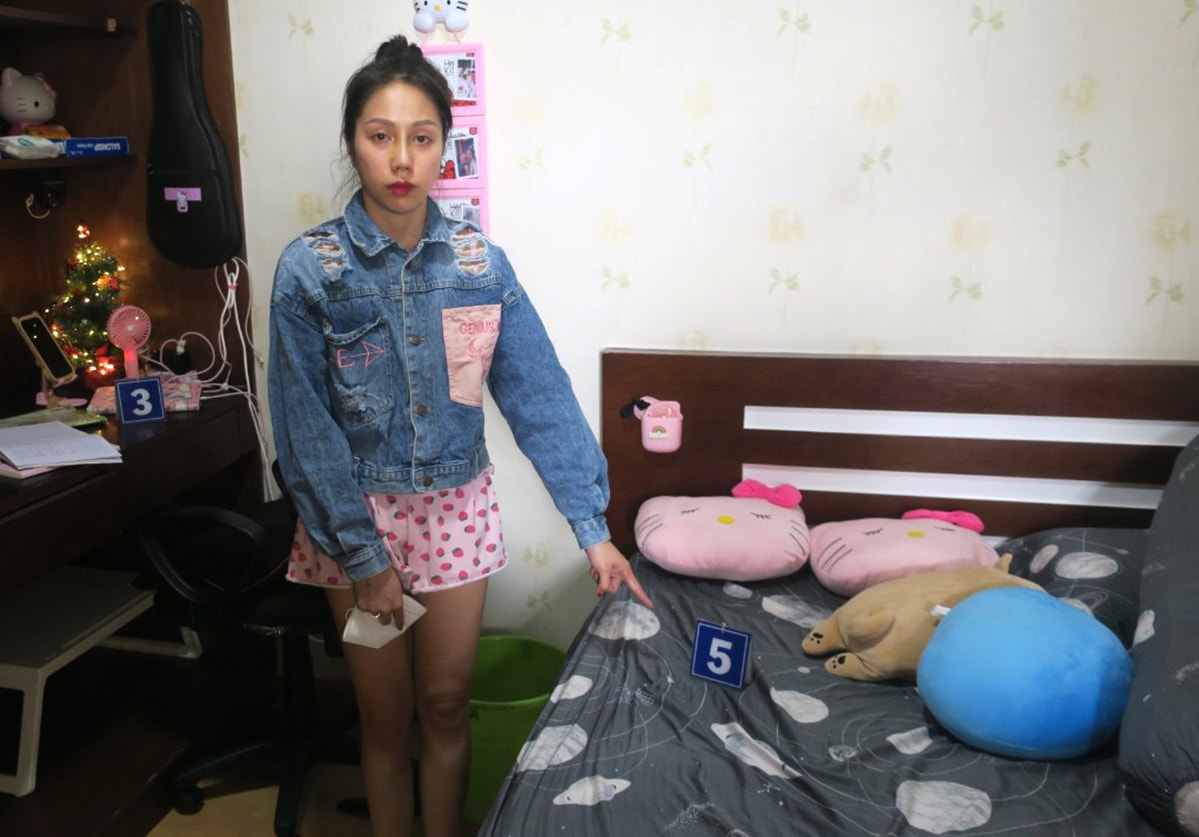The right to life, respect for human dignity and physical inviolability are always guaranteed.
(Baonghean.vn) -Regarding some recent incidents of child abuse, especially the case of an 8-year-old girl who was abused to death in Ho Chi Minh City, on some websites abroad that are not friendly to Vietnam, articles have appeared expressing erroneous thinking and perspectives.
To avoid unnecessary misunderstandings about the viewpoints, guidelines, policies and strategies of the Party and State of Vietnam on human rights, specifically here the guarantee of the right to life, respect for human dignity and inviolability of the body, we would like to discuss some contents.
Need to understand Vietnamese law correctly
The Vietnamese Constitution clearly stipulates and recognizes the right to life, the right to inviolability of the body, the right to respect for honor and dignity, and the right to not be tortured or physically abused of every individual. This right is also specified in many legal documents, especially the Penal Code and the Criminal Procedure Code.
According to the Constitution of the Socialist Republic of Vietnam, every citizen has the right to inviolability of the body, and is protected by law in terms of life, health, honor and dignity. No one shall be arrested without a decision of the People's Court or the People's Procuracy, except in cases of flagrante delicto. Arrest and detention must be in accordance with the law. All forms of persecution, torture, inhumane treatment, and insult to the honor and dignity of citizens are strictly prohibited. In addition, in Vietnam, every citizen has the right to inviolability of residence; personal correspondence, telephone calls, and telegrams are guaranteed to be safe and confidential. Foreigners residing in Vietnam are also protected by the above rights.
 |
| The Penal Code is supplemented and amended in accordance with the law and reality. |
The first and most important human right is the right to life. The Vietnamese State gives special priority and has made the greatest efforts to ensure the right to life for all citizens, including criminals. Any act of violating the right to life of a person is considered the most serious crime and is severely punished according to the provisions of the law. The 2015 Vietnamese Penal Code, amended and supplemented in 2017, has 33 articles stipulating severe sentences for crimes that directly or indirectly infringe upon the life, health, dignity and honor of a person.
Due to the need to fight against crime, especially drug crimes, Vietnam still maintains the death penalty. The death penalty is only applied to those who commit particularly serious crimes; the death penalty is not applied to juvenile offenders, pregnant women or women raising children under 36 months old. The Vietnamese State has been advocating to gradually narrow the scope of application of the death penalty and move towards abolishing this penalty in the future. In that direction, the 2015 Vietnamese Penal Code, amended and supplemented in 2017, has reduced the application of the death penalty from 29 crimes to 15 crimes, belonging to 06 groups of crimes.
The right to freedom, physical inviolability and respect for human dignity are protected by Vietnamese law. On the one hand, the law strictly punishes acts that violate the right to freedom and physical inviolability of a person; on the other hand, it strictly regulates the grounds, conditions, procedures and authority to apply measures such as arrest and temporary detention in order to prevent abuse leading to violations.
The Penal Code has provisions prohibiting acts of torture, physical abuse and forced confession. The current prison regulations have specific provisions on the management and detention of prisoners; the regime of food, clothing, accommodation, daily activities, medical treatment; the labor and study regime of prisoners. Prisoners are allowed to participate in physical education, sports, culture and arts activities; have regular health check-ups, at least once a year; are allowed to study culture to eliminate illiteracy; juvenile prisoners are allowed to attend primary education, listen to current events and policies, study civic education programs, study and vocational training for juvenile prisoners is mandatory...
Based on the leniency policy and humanitarian tradition, every year the Vietnamese State conducts amnesty campaigns for prisoners on the occasion of major national holidays. Since implementing this policy, tens of thousands of prisoners have been amnestied. It is expected that on the occasion of the Lunar New Year 2022, thousands more prisoners will be amnestied. This is one of Vietnam's outstanding achievements in humane and lenient treatment of prisoners and those who have made mistakes, creating conditions for them to return to an honest life.
Domestic violence, including child abuse and neglect, is a complex issue not only in Vietnam but also in the world. The Vietnamese State's stance on the issue is very clear. Regulations on handling this type of crime have been clearly stated in the 2015 Penal Code, amended and supplemented in 2017. In addition, many other sub-law documents have been issued such as: Directive No. 18/CT-TTg dated May 16, 2017 on strengthening solutions to prevent and combat violence and child abuse; Directive No. 08/CT-TTg dated February 4, 2020 on promoting the prevention and combat of domestic violence; Directive No. 23/CT-TTg dated May 26, 2020 on strengthening solutions to ensure the implementation of children's rights and child protection;...
Handle the incident seriously
The case of an 8-year-old girl in Ho Chi Minh City being abused and dying is very serious, extremely heartbreaking and has caused outrage in society. Immediately after the incident, on behalf of the Vietnamese Government, the First Deputy Prime Minister issued a document requesting the Ministry of Public Security and the Ho Chi Minh City Police to direct the relevant forces to urgently investigate and clarify the case to strictly handle the related subjects according to the provisions of the law, not letting criminals escape.
Along with that, the Vietnamese Government requires all levels, sectors and localities to focus on directing and strengthening the implementation of preventive measures, effectively stopping acts of child abuse, domestic violence and school violence; strictly handling violations; resolutely handling organizations and individuals who cover up, delay or fail to handle cases of child abuse and neglect.
 |
| The Deputy Prime Minister requested to clarify and not let criminals escape in the case of an 8-year-old girl in Ho Chi Minh City who was abused to death by Nguyen Vo Quynh Trang. In the photo, Trang at the scene. Photo: It |
The Vietnamese Government requests the Supreme People's Court and the Supreme People's Procuracy to direct the People's Courts and People's Procuracies at all levels to closely coordinate with investigative agencies in investigation, prosecution, and trial activities; strictly handle cases related to acts of child abuse and molestation in accordance with the law for general deterrence, education, and prevention.
The Vietnamese Government also requested the Central Committee of the Vietnam Fatherland Front, the Central Committee of the Ho Chi Minh Communist Youth Union, the Central Committee of the Vietnam Women's Union and member organizations of the Vietnam Fatherland Front to step up propaganda and mobilize members, union members and the whole society to strongly condemn, promptly detect, inform, report and denounce acts of child abuse and exploitation; and strengthen supervision of law enforcement on child protection.
For parents, caregivers, and family members, the Government recommends promoting the responsibility of caring for, nurturing, educating, protecting the life, body, dignity, honor, and privacy of children; improving knowledge and skills necessary to protect children, prevent and combat child abuse, and closely coordinating with local authorities and competent agencies in child protection work.
Children are the future of the country
Not only this incident, but all similar incidents that have occurred have been investigated, clarified and strictly handled by Vietnamese authorities according to the provisions of the law, without letting criminals escape. The Vietnamese State does not tolerate, cover up or assist any type of crime. In particular, the viewpoint of the Party and State of Vietnam: Children are the happiness of every family, the future of the country. Therefore, with the crime of torturing and violating children, the Vietnamese State has determined that it must be determined to use many measures to fight and prevent it.
Thus, it can be affirmed that the viewpoint of the Vietnamese State on ensuring human rights in general; the right to life, the right to respect for human dignity and physical inviolability, including the right to protect children in particular, is very clear. The current legal system of Vietnam is quite complete and synchronous. Of course, depending on the situation, tasks of each stage and the development of society, Vietnam regularly studies, amends and supplements to ensure that the legal system is increasingly legal, reasonable, clear, public and transparent.
 |
| Dan Lai children go to school happily. Photo: KL |
The Vietnamese State always appreciates agencies and organizations with goodwill that provide correct, well-founded, and constructive information about human rights in Vietnam in general and the right to life, the right to respect for dignity and physical inviolability, including the right to protect children in particular. On the contrary, Vietnam resolutely condemns and refutes all arguments that distort the truth and take advantage of democracy and human rights to sabotage Vietnam. Because such arguments and tricks of distortion do not contribute to promoting human rights but are in fact acts of insulting and undermining human rights values.
